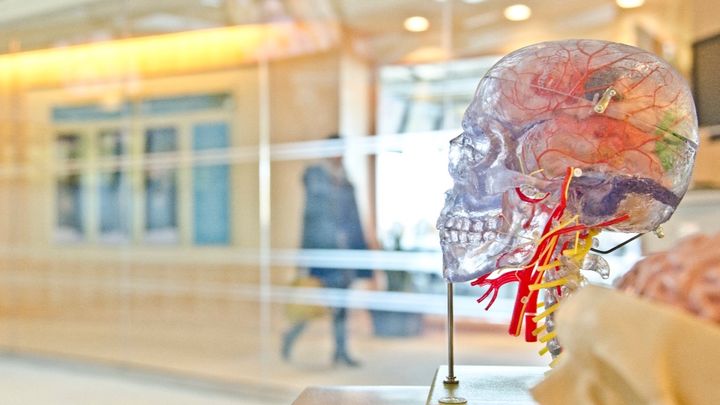
Booze Free for Brain Research
For the year 2018, I have been saying no to booze for brain health. In the neurobiology and genetics lab that I volunteer in, a lot of time is spent by researchers writing grants and trying to increase funding for their projects. Please support my endeavour to raise funds to help scientists at SAHMRI carry out their research and improve treatments for brain disorders such as Parkinson's Disease and Clinical Depression.
Click here to check out the Bardy lab
In 2015 I met a number of incredible people recovering in a rehabilitation centre in Queensland and it was evident the impact that drugs and alcohol can have on people's lives. I set myself the challenge for the year 2018 to avoid alcohol and since joining the Bardy lab in June realised an extra motivation to accomplish it.
When my father was diagnosed with Parkinson's Disease (PD) in 2016, I had been studying the brain independently and decided to extend my studies at Adelaide University to achieve a degree in neuroscience.
My role as a student volunteer in the neurobiology and genetics headed by Dr Cedric Bardy has allowed me to see first hand the urgency of funding to improve the rate of translation from research to medical treatment.
The Bardy lab at the SA Health & Medical Institute (SAHMRI) focuses on understanding the molecular mechanisms of diseases such as Parkinson's Disease and Major Depressive Disorder in order to find better treatment for them.
Funding for the lab will help to speed up the translation of research to patient care in the hopes to save many lives.
Parkinson's Disease affects 1% of the population over 60. Current medicine only helps to mask the symptoms of the disease. Using stem cells reprogrammed from a skin biopsy of a patient with PD we can examine the properties of the brain cell culture, by combining functional and genetic analysis. This will allow us to compare neurons of the patient with a healthy subject in hopes of finding molecular targets to treat the disease.
Clinical Depression represents the highest non-fatal disease burden in Australia and is the leading cause of disability. It is a major cause of suicide, which is the third highest fatal disease burden in Australian men.
Current treatment for depression is trial and error. Different medications are trialled in a process that can take months and even years whilst the patient's mental state can worsen. Using genome sequencing technology, our researchers aim to match gene variants with different types of depression, to create a clear understanding of which antidepressant medication will suit a patient best.
Please show your support by donating today. Any small amount means a lot!


